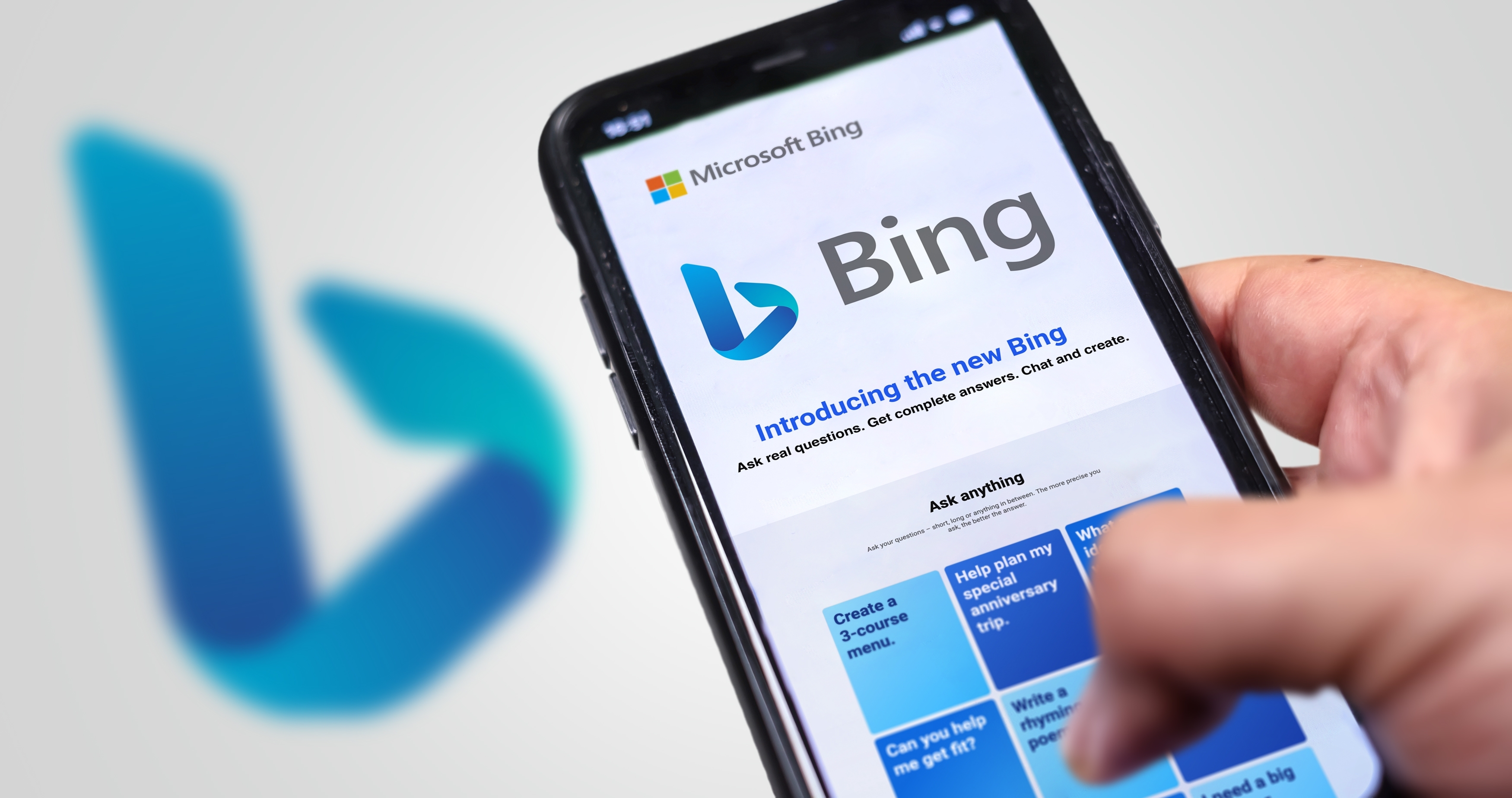
When Open AI launched ChatGPT, Google was reportedly caught off guard. That cycle repeated again when Microsoft unveiled Bing with ChatGPT, its search chatbot powered by GPT-4. And while Google has responded to ChatGPT with Bard, it’s still lacking an AI-powered search tool.
That could be changing very soon. In an explosive report, The New York Times has revealed that Google is reportedly working on Magi, a new AI-powered search engine that would be its answer to Bing with ChatGPT.
* Magi is designed to be personalized and more conversational Google Search
* Google plans to initially release the features to one million people, increasing to 30 million later
* Magi would adapt to your needs over time and recommend products to buy
* Searches that could lead to a purchase could feature ads on the search results page
* A separate GIFI tool would help generate images in Google Image results
This project appears to be separate from Bard, though it would not be shocking to see Magi borrow from Google’s ChatGPT competitor. It is also probable that some of the new project Magi AI features will make their way into the current version of Google Search, at least according to the New York Times report.
Google’s new search engine aims to be a “far more personalized experience” than the current version of Google Search. Magi would learn to adapt to a user’s needs over time, providing lists of preselected products to buy, offering up follow-up research information and more.
Magic would be much more conversational than the current version of Google Search, though given that the current version of Search isn’t conversational at all, that’s not exactly a high bar to clear. It could also know how to debug and write code, which is one of ChatGPT’s more notable features — and something Bard lacks.
Still, the focus on conversational tone shows that this new search engine is directly aimed at Microsoft’s Bing Chat, which has started invading Bing’s search results in addition to being its own separate feature. While Google by all appearances had already been on full alert in its response to the new Bing, the report states that Samsung may ditch Google for Bing as the default search engine on Samsung phones. This development was allegedly a massive wake-up call for Google and spurned the creation of this next-generation AI search engine.
Why Google is accelerating AI now

Admittedly, Google has had some legitimate reasons for falling behind in the AI race. They have reportedly long held off on fully committing to AI because these AI chatbots are prone to getting things wrong — which admittedly we’ve seen plenty of evidence to support. But Google may have also been struggling with how to monetize an AI search engine, given that ads can be a detriment to the user experience of a conversational AI chatbot. Neither ChatGPT nor Bing with ChatGPT currently features ads, nor does Google Bard.
Magi will reportedly buck that trend, though selectively. According to The New York Times report, searches that could lead to a purchase could feature ads on the search results page. Google is heavily reliant on ad revenue, so keeping ads in its search engine is a must. This report indicates that the way Google will accomplish this is by maintaining the user experience of a traditional search results page, but include a chatbot to interact with and provide more personalized results. The new Bing with ChatGPT notably adopts a totally separate user interface and user experience from traditional Bing, which has a traditional search engine experience.
However, this is still largely speculation. While The New York Times reports that more than 160 people are currently working on Magi, it’s more likely that Magi features will make their way into Google Search in the near future than Google unveiling a revolutionary new search engine. Either way, this new development definitely means we need to keep an eye on Google I/O 2023, as we could see some of these features unveiled there first.






